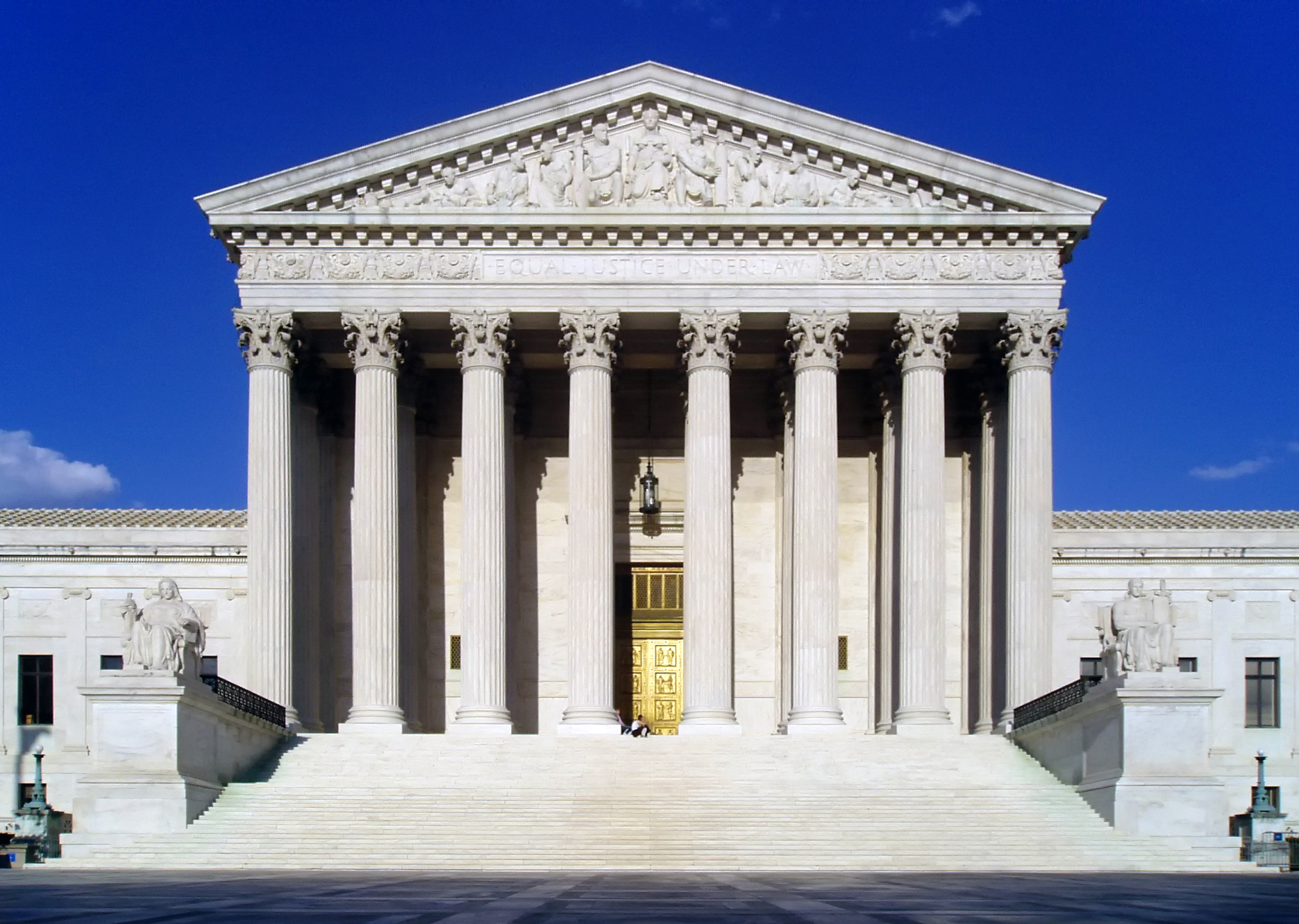Judicial Review by Mitt Romney
In an op-ed last week, Massachusetts governor Mitt Romney argued that the litmus test for judicial restraint is “controversy,” that courts should intervene only in issues that are not controversial.
The federal system left to us by the Constitution allows people of different states to make their own choices on matters of controversy, thus avoiding the bitter battles engendered by “one size fits all” judicial pronouncements. A federalist approach would allow such disputes to be settled by the citizens and elected representatives of each state, and appropriately defer to democratic governance.
Romney’s words contain too much empirical evidence to be dismissed lightly. As Robert McCloskey shows in The American Supreme Court, with a few exceptions, justices have historically followed the political winds, lest a backlash against judicial activism ensue. As FDR put it while trying to pack the Court in 1937, the American people expect the unelected third branch of government to fall in line behind the elected other two.
Of course, the Constitution sets up the judiciary, the third branch of government, as a deliberately antidemocratic bulwark against the other two. Checks and balances Mr. Romney?
Second, what constitutes “controversy”? When polls show Americans are divided at least 60-40?
Third, rightly or wrongly, many denounce Roe v. Wade not so much for its verdict but for the process by which the Court reached it: through a so-called penumbra crystal establishing the right to “privacy.” Isn’t Romney’s view of the role of the courts just another such implicit crystal?

 Comments
Comments